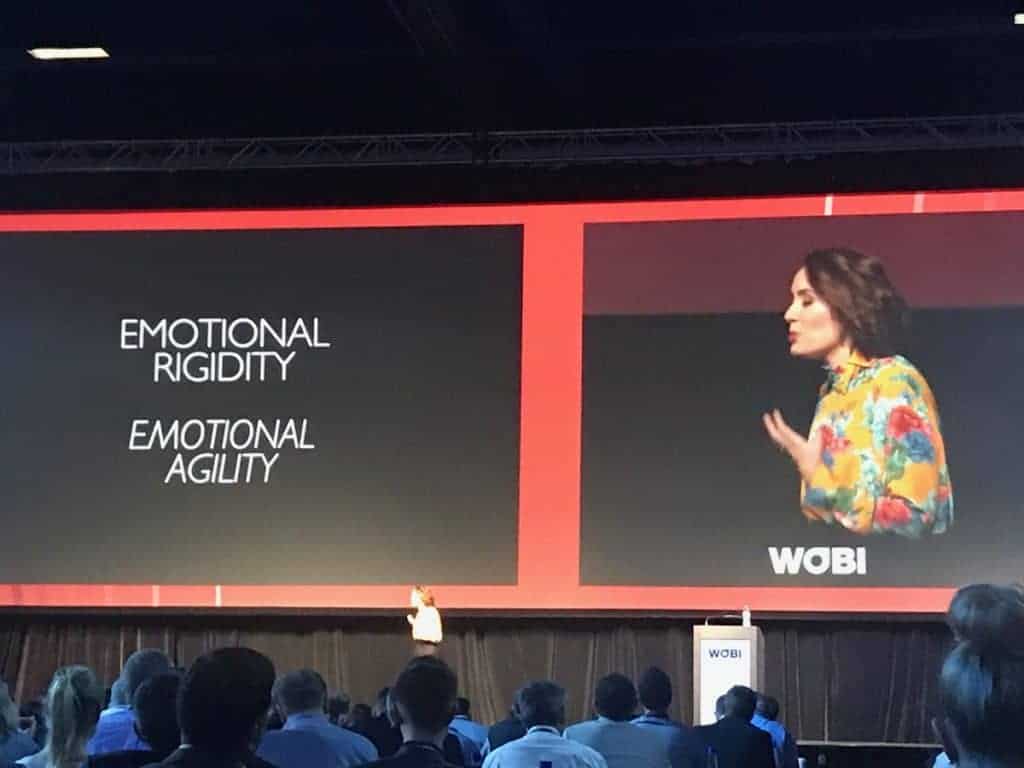Engagement impacts performance and productivity. Yet at the recent World Business Forum (WBF) in Sydney, a number of the speakers referred to the alarming statistic that only 16% of employees are engaged at work – the rest are transacting. There are many reasons: response to significant change, uncertainty, lack of control, lack of trust or poor leadership. Organisations effectively use leadership programs to engage and retain their people. Yet what actions can you take to stay engaged and perform at your best.

Drawing on our experience and insights from the WBF expert speakers, here are five suggestions and links to the research:
- Understand your strengths and weaknesses: you grow and learn most when delivering work that play to your strengths. What are they? How can you do more of that? Statically if 20% of your work is doing what you love (not just do) then burnout goes down. Any less than that, burnout goes up. (Marcus Buckingham). Use our personal SWOT to help remind you where you can make the greatest contribution.
- Take charge. Be accountable for the choices you make. Have you talked to your manager about an opportunity that you have seen or inhouse project you’d like to contribute to? What actions are you taking to build networks, keep learning, take on interesting challenges? Research has found people in teams are statistically more engaged – is there a team you’d like to be part of?
- Identify the barriers. Who or what is interfering and holding us back? Is it mindset, beliefs, skill gap, structure, people and importantly, what needs to happen to shift them? “Do you see change as an opportunity or a threat?” (Charlene Li) Who within the business can help you?
- Be emotionally agile. Deliberate tweaks to our mindset, motivation and habits can make a powerful difference. Be less self-critical and acknowledge your and others emotions in response to change, stress, challenges. It’s okay not to be positive all the time but it’s important to adapt. This emotional agility impacts performance and engagement. The key is to know how to gain critical insight about how you react to situations and interactions and use them to make changes and bring your best forward (Dr Susan David).
- Get a fresh perspective. Not all of these suggestions are easy. Leverage your relationship with your formal mentor, coach or identify someone who you trust and respect to test ideas and discuss strategies on how to achieve this. If you’ve done psychometric assessments such as Hogan or LSI, reflect and share the findings on what motivates and drives you.

